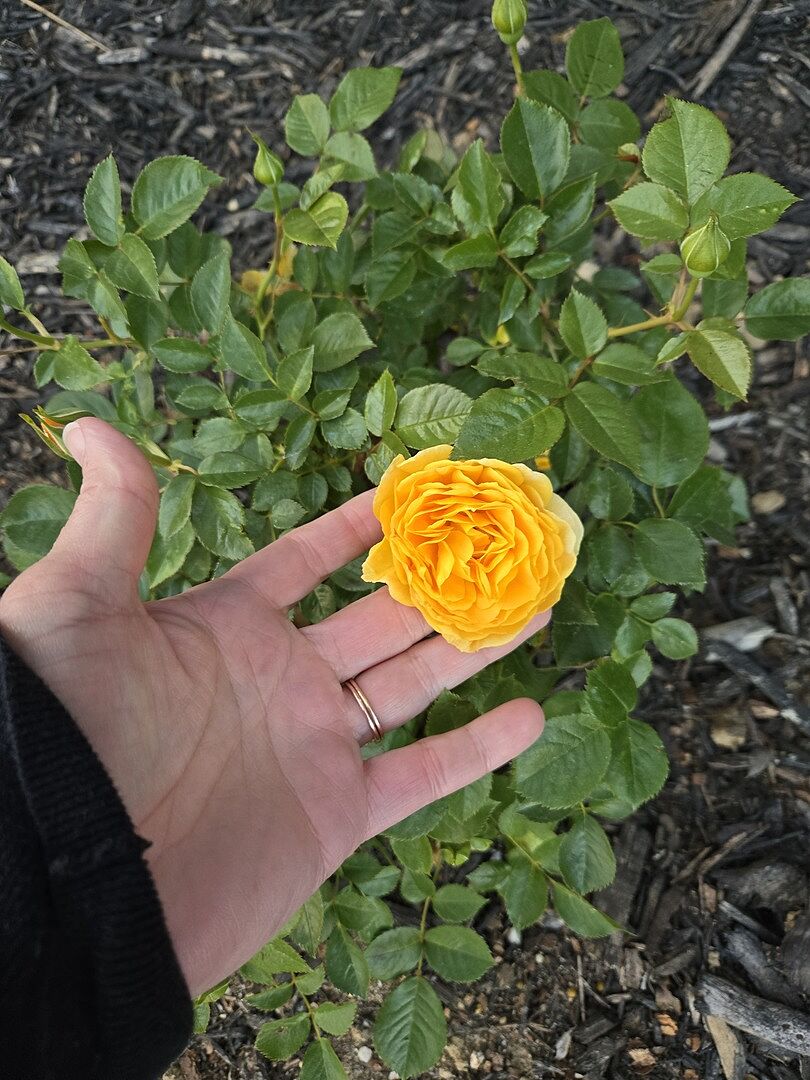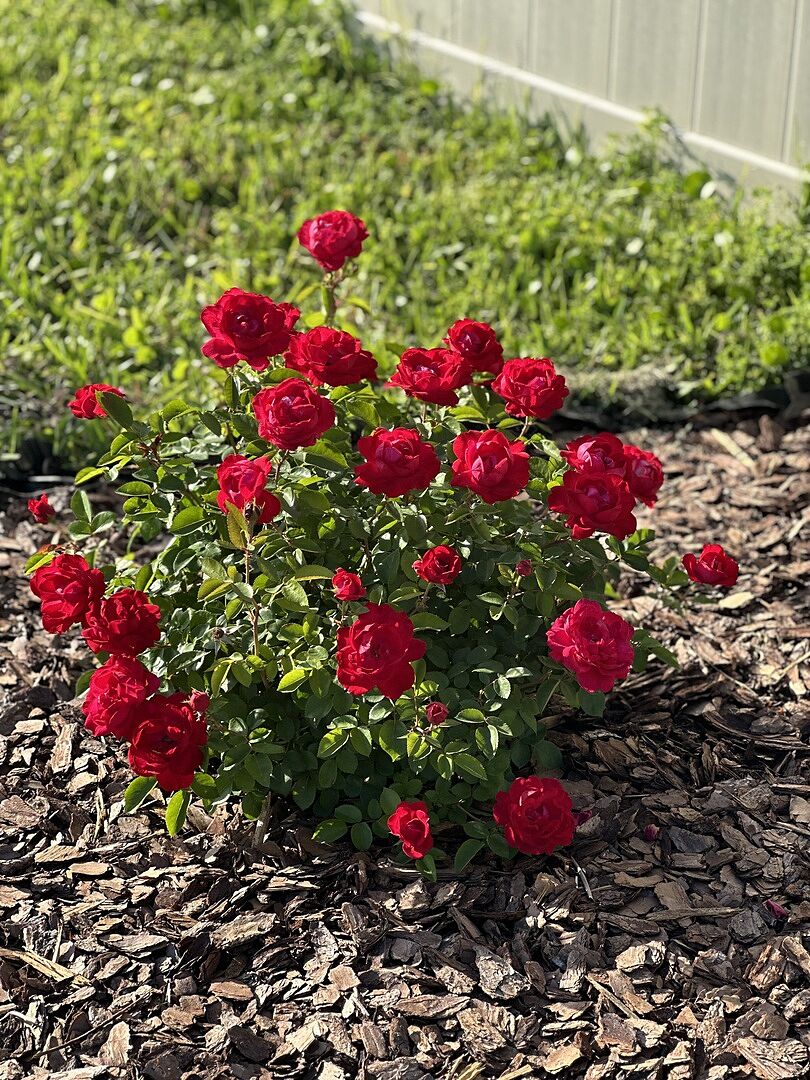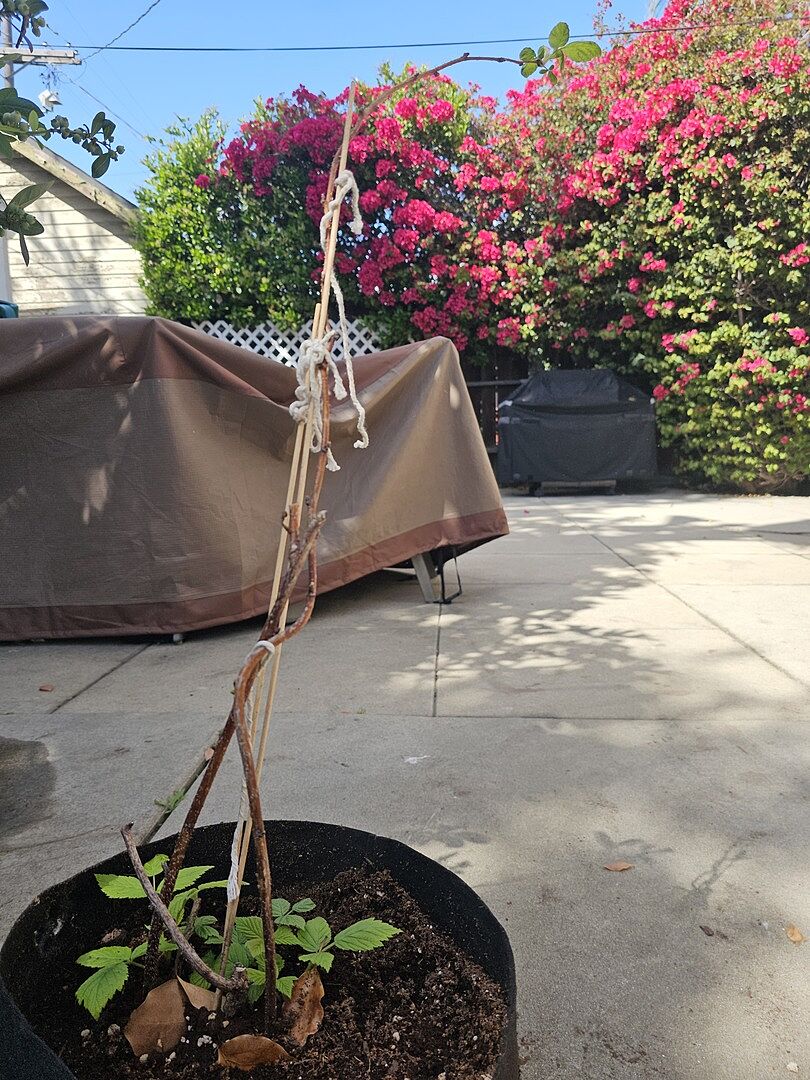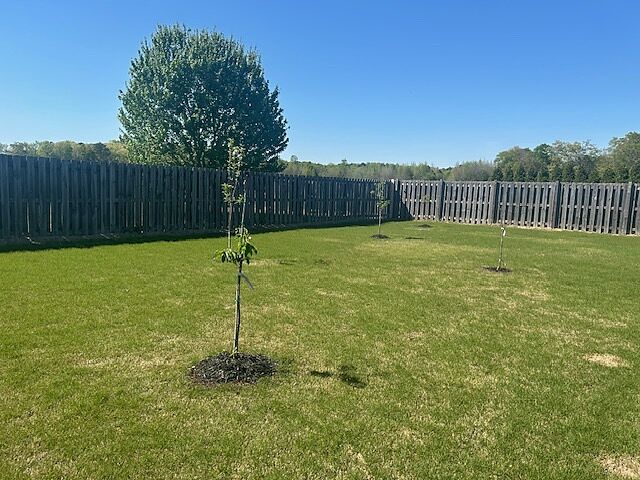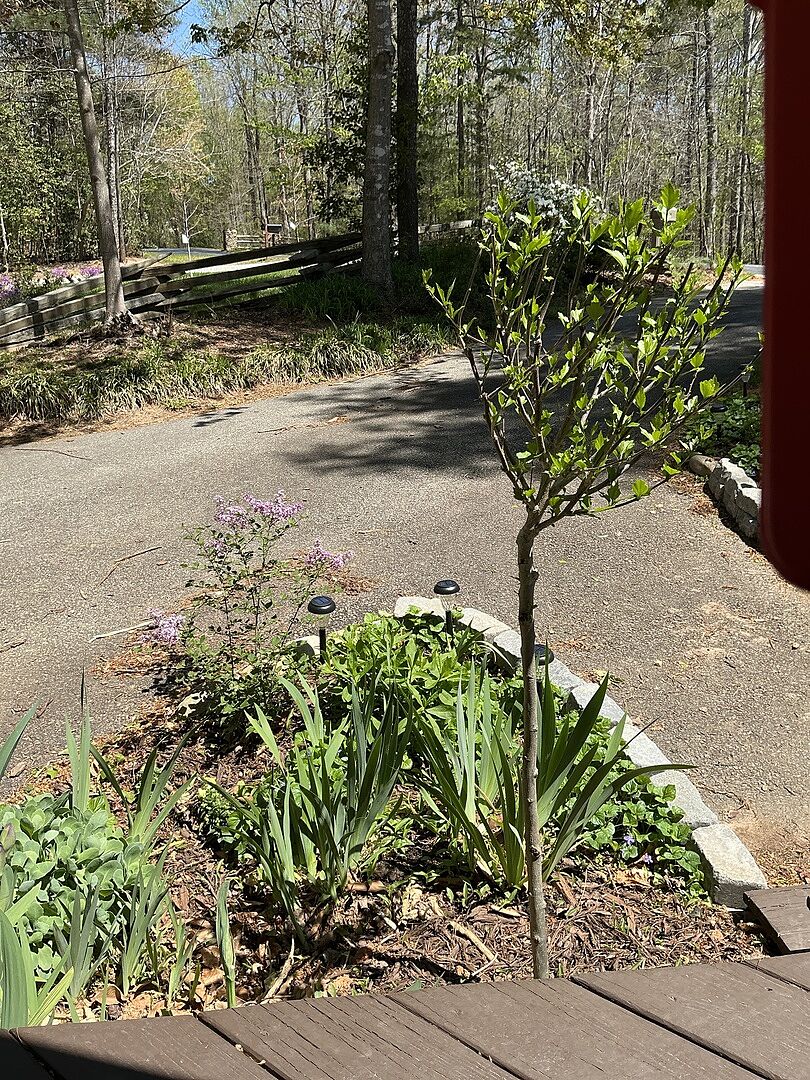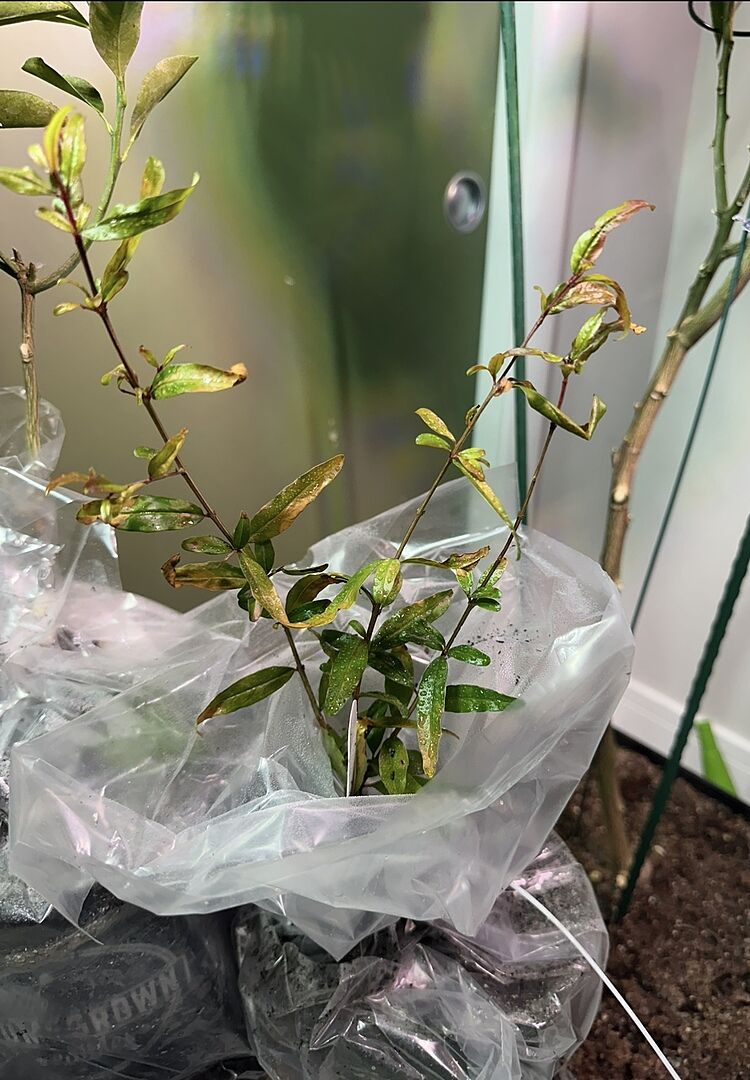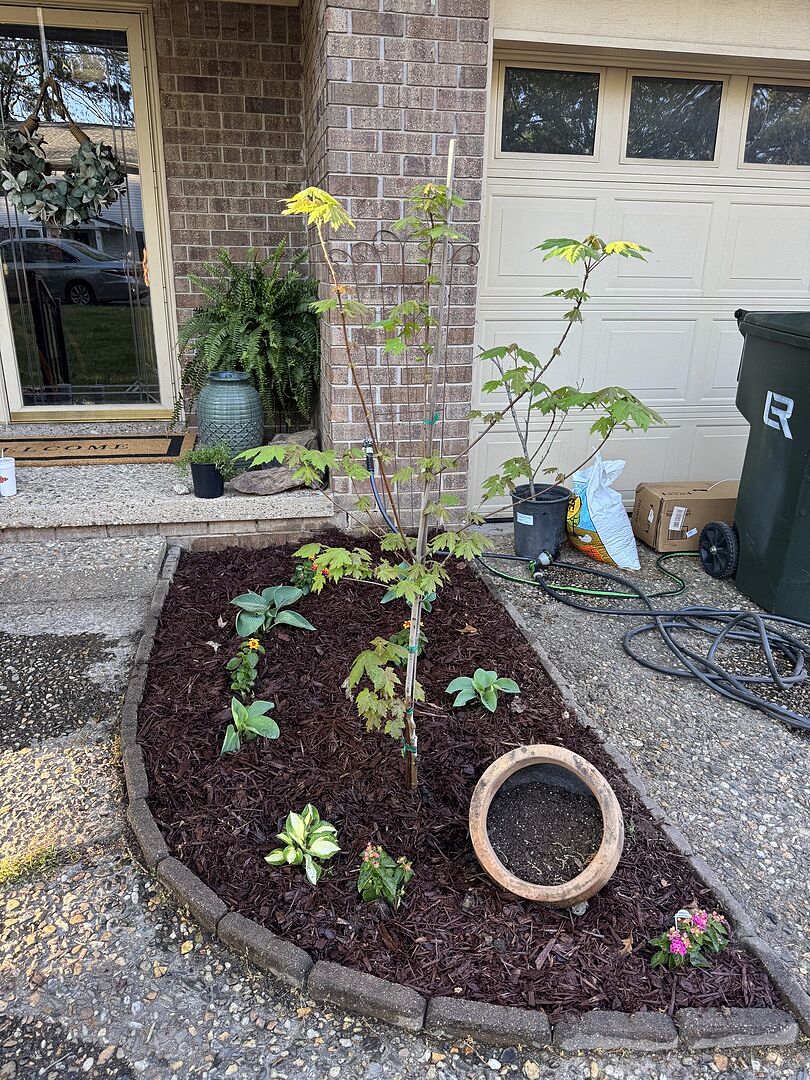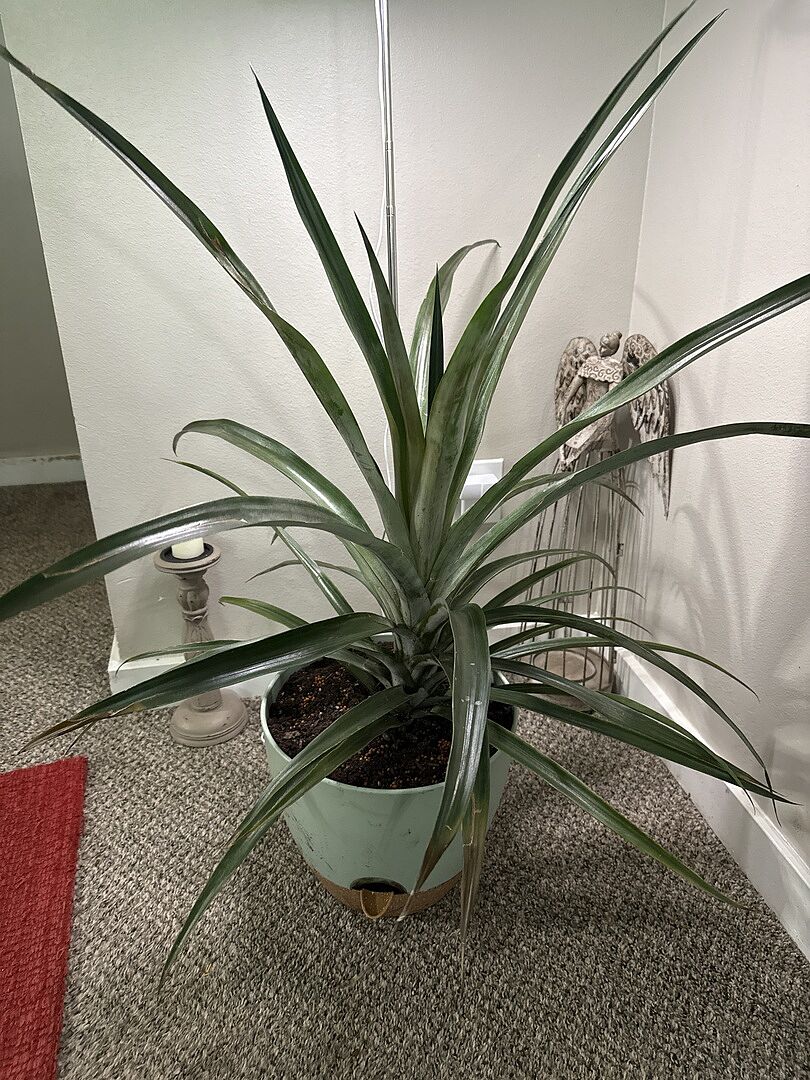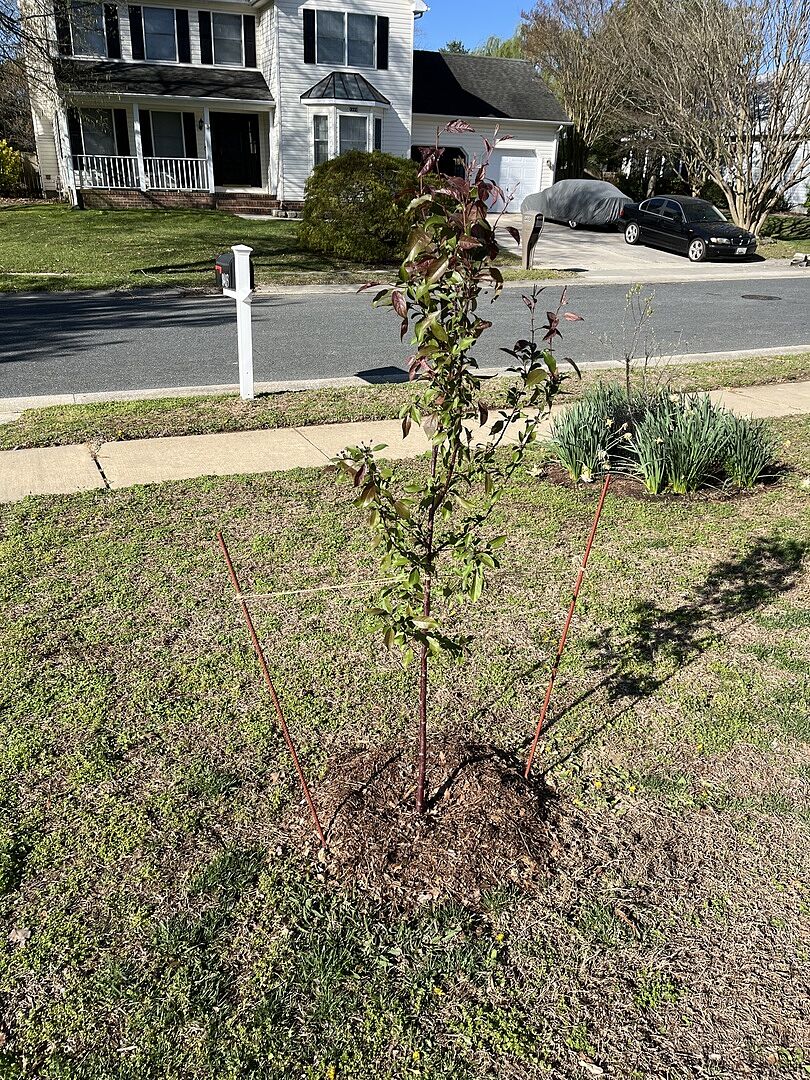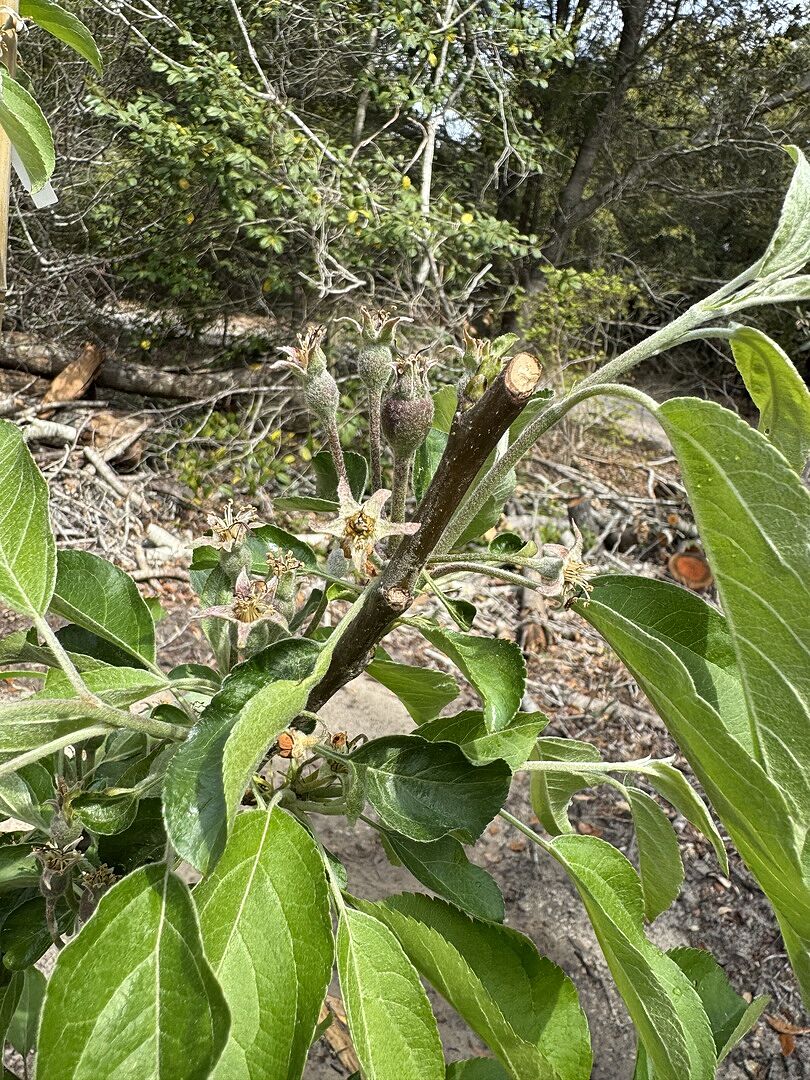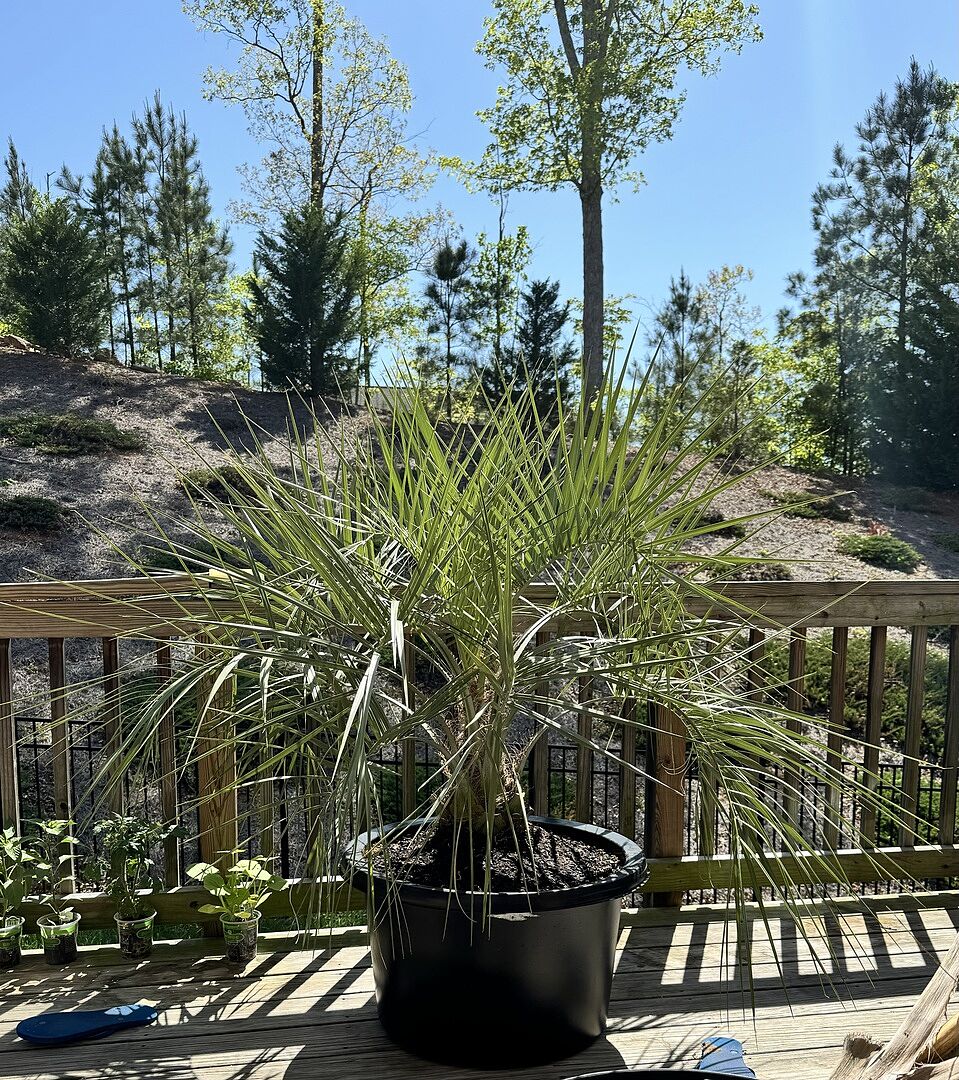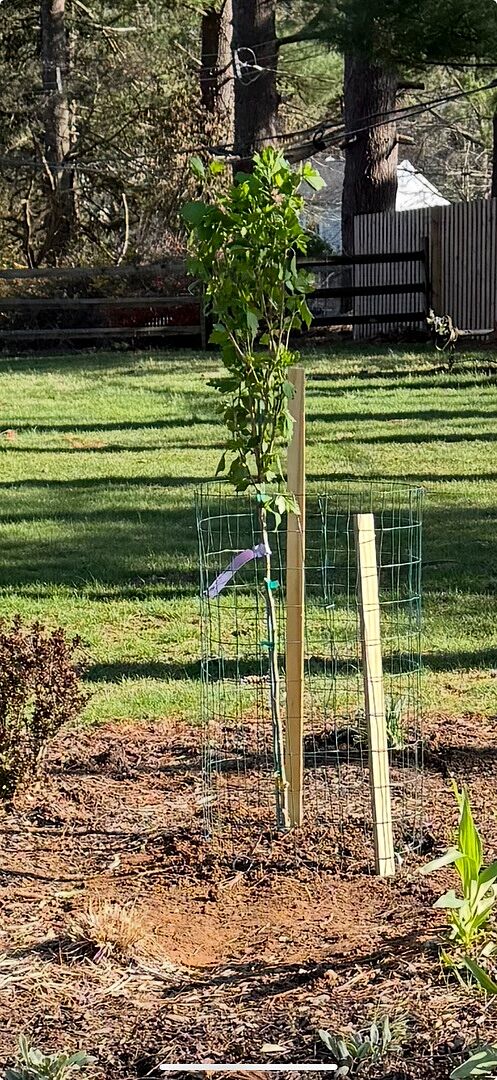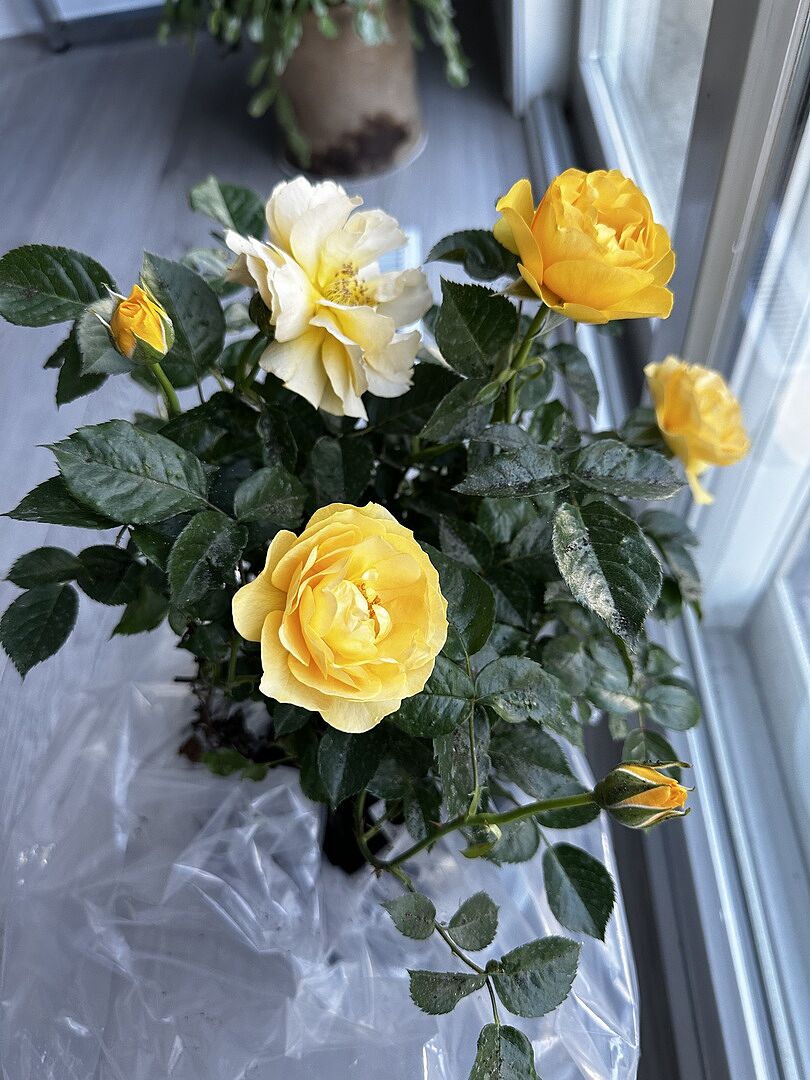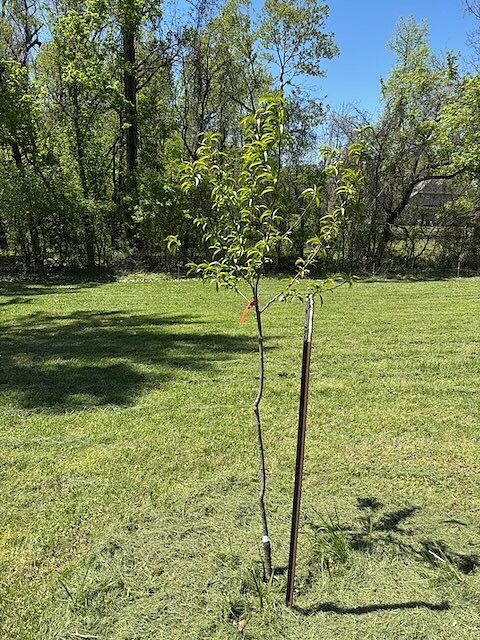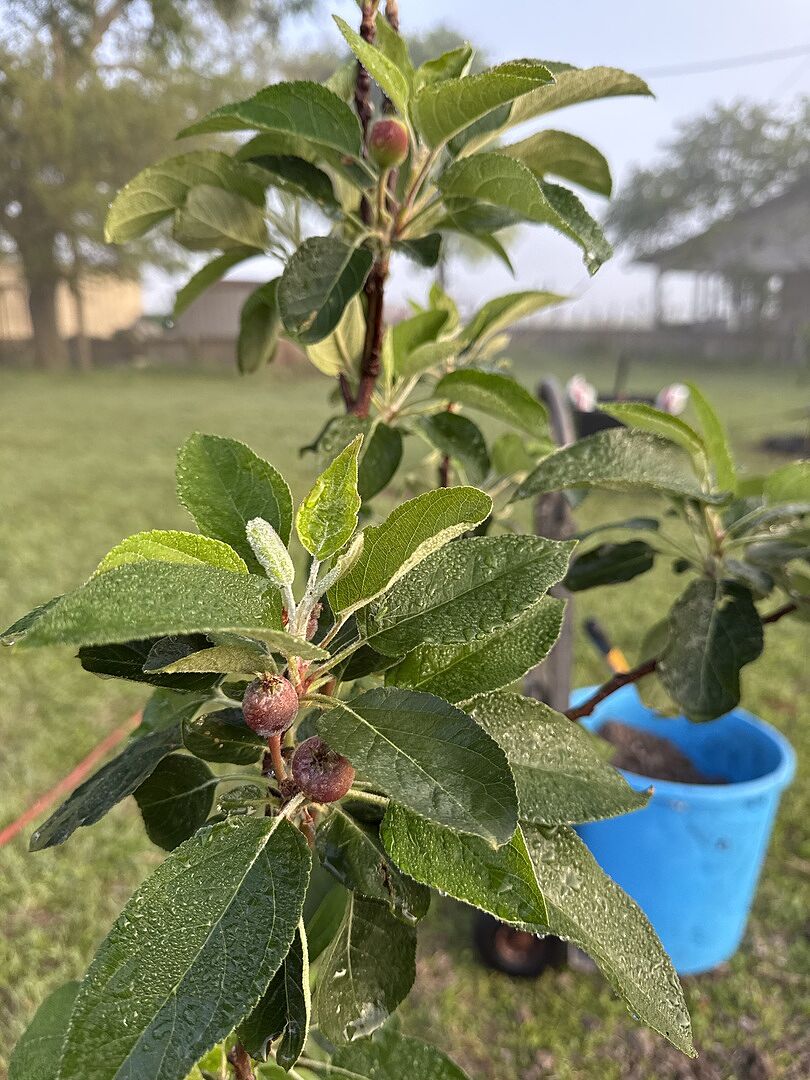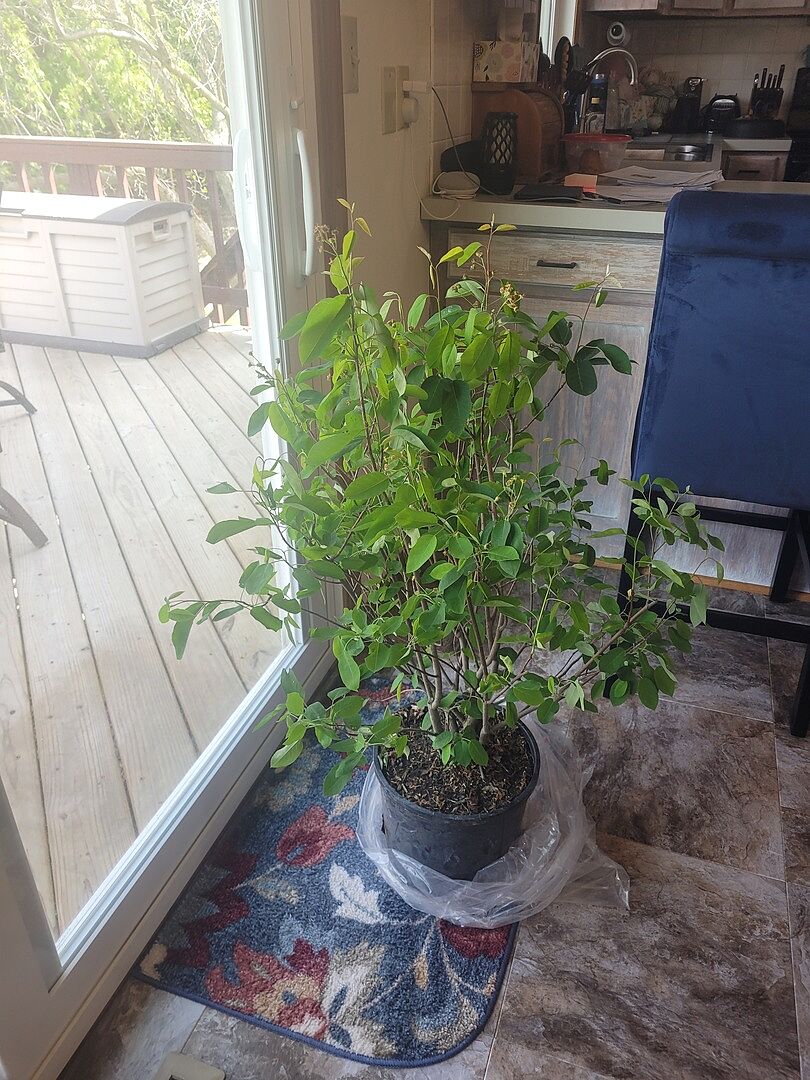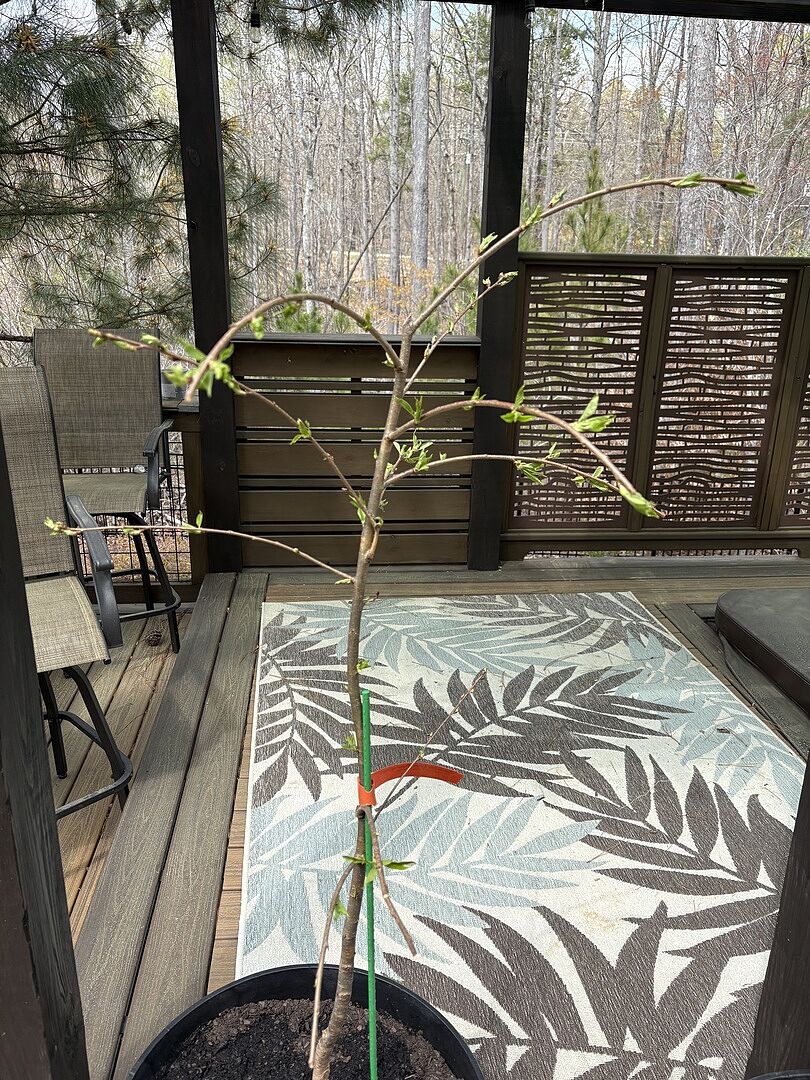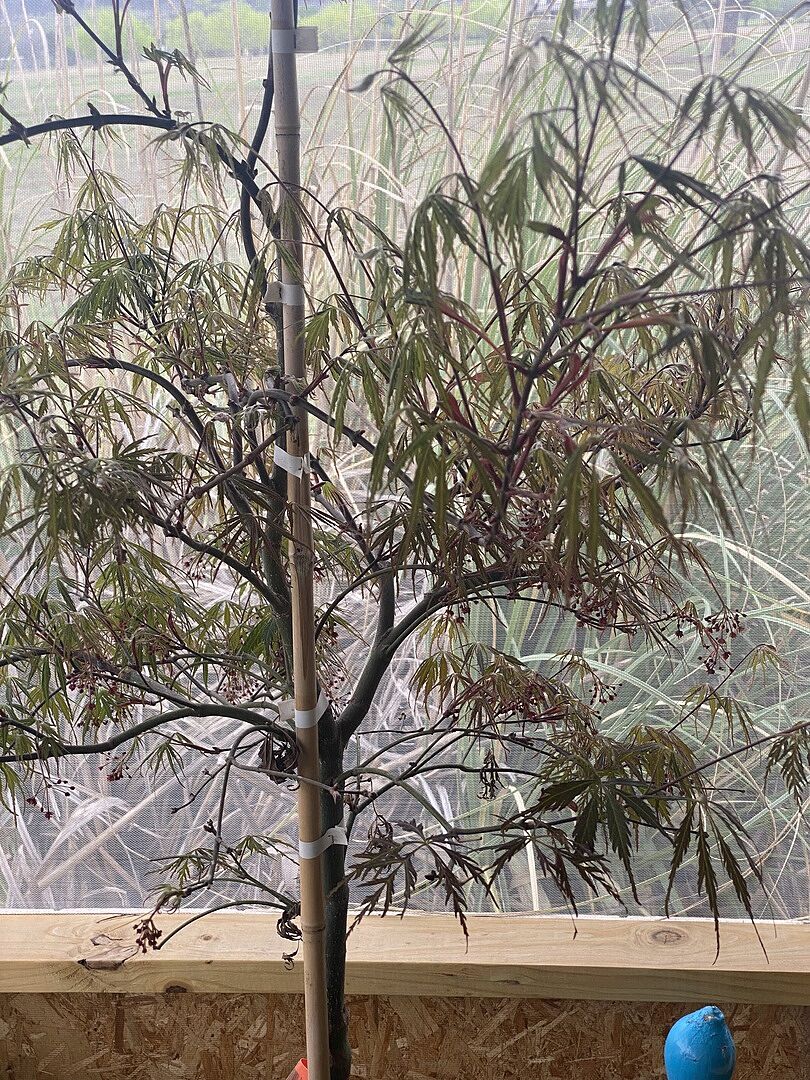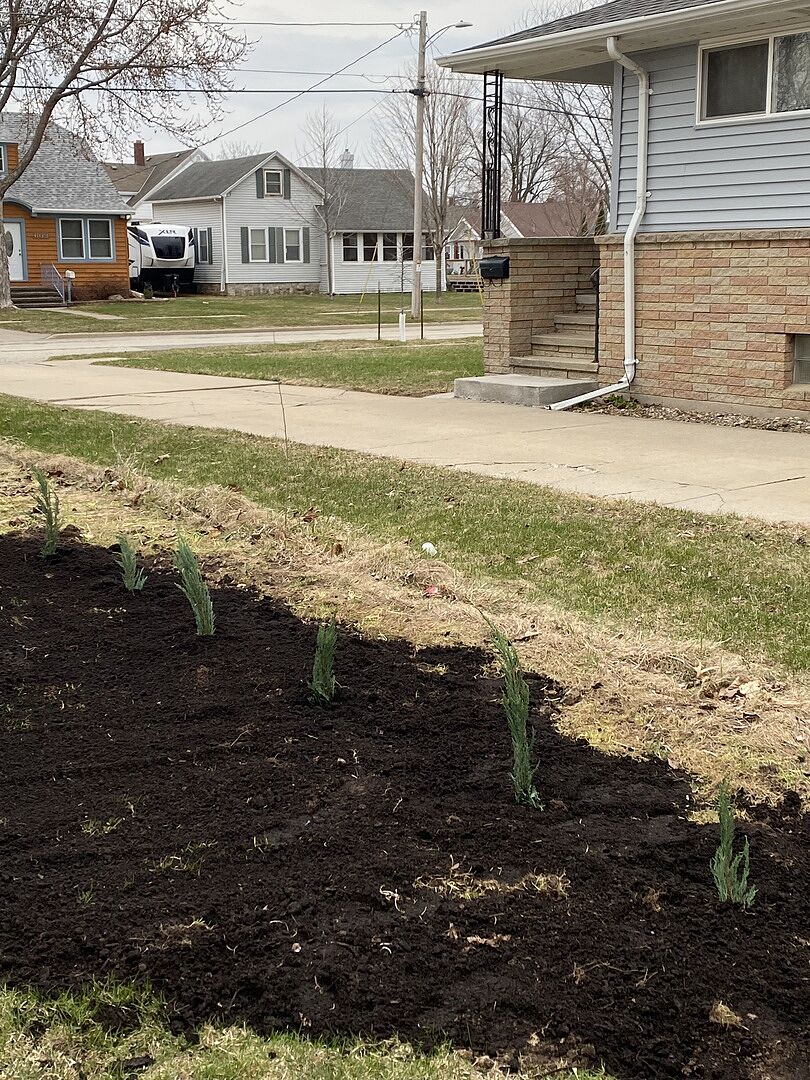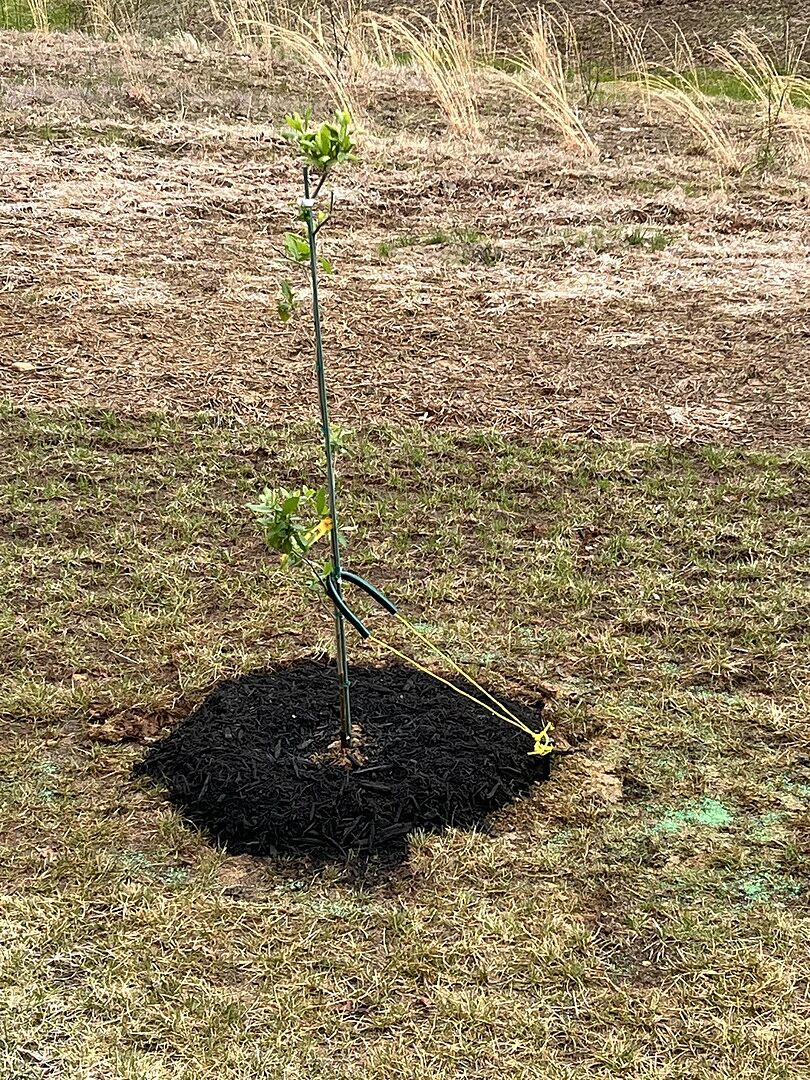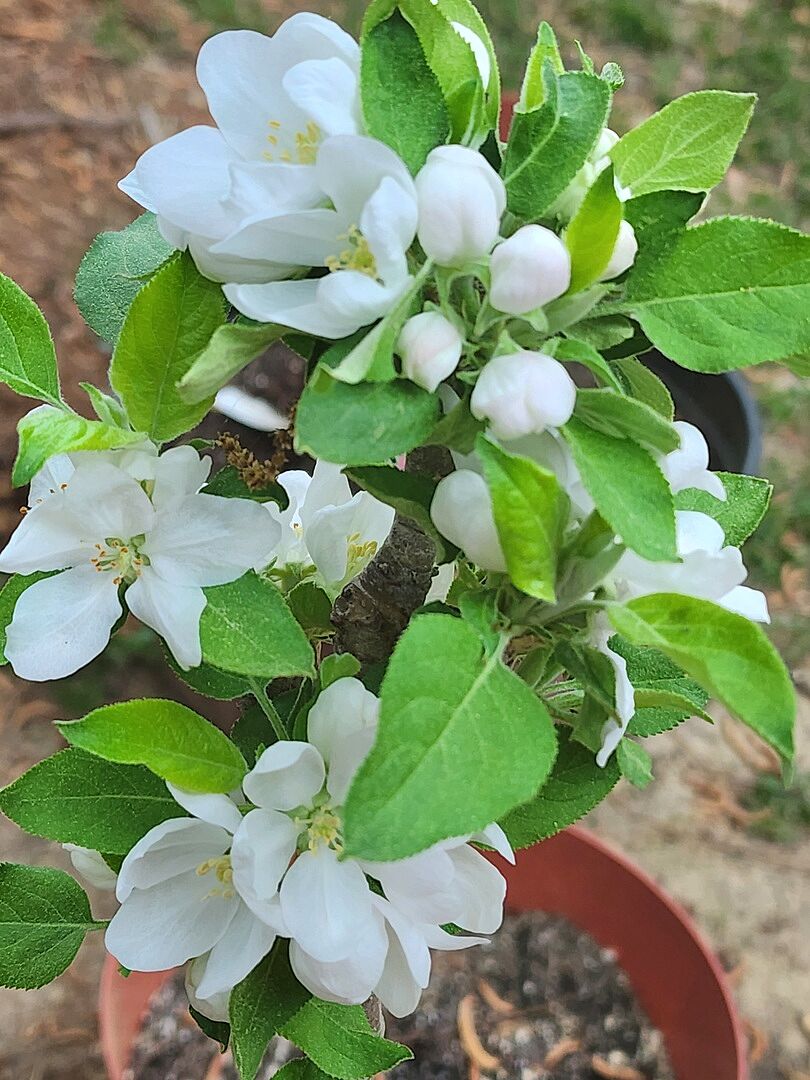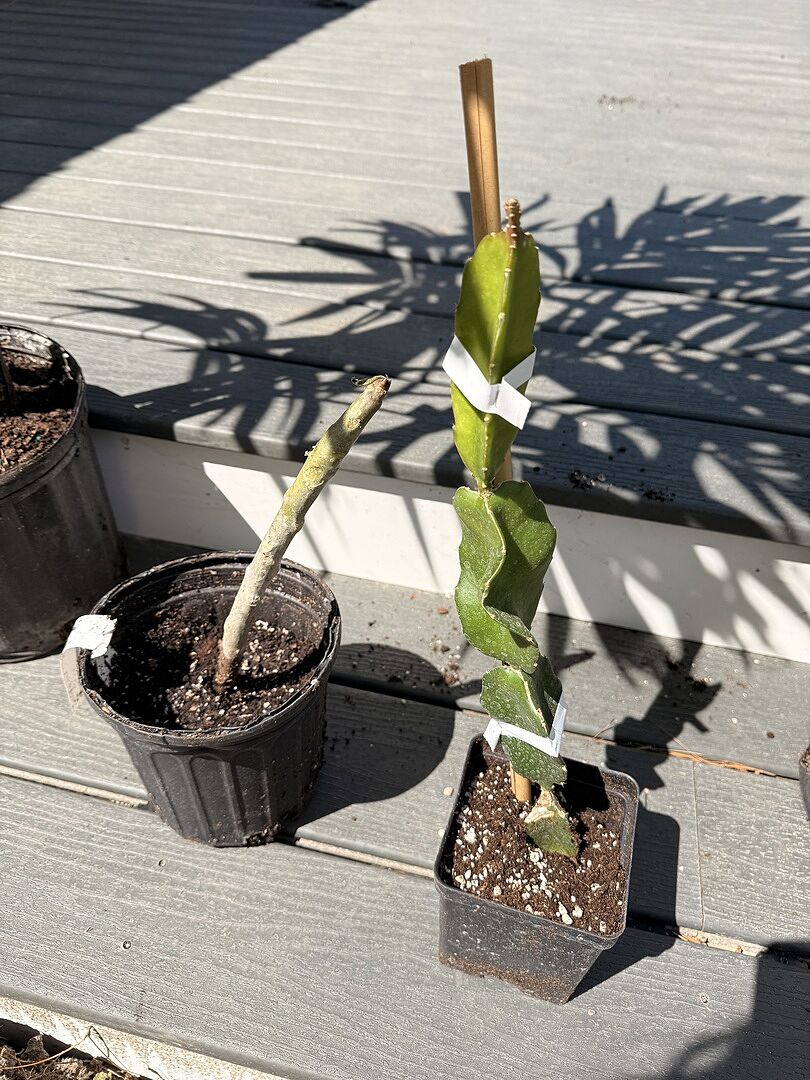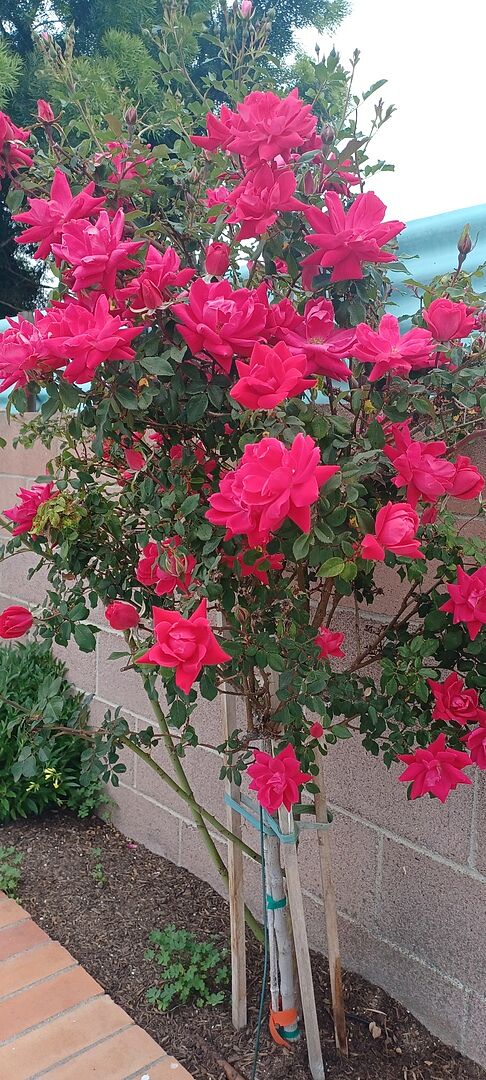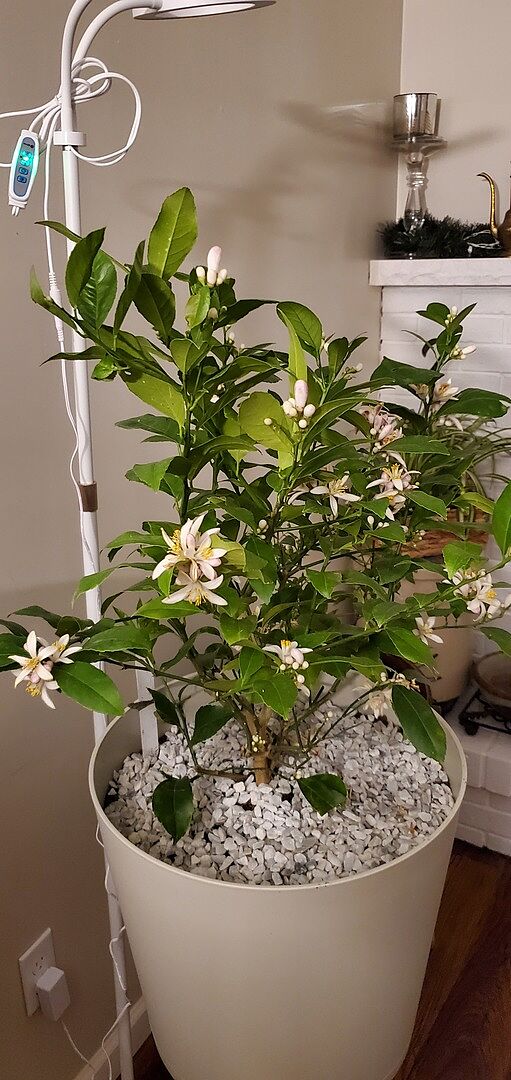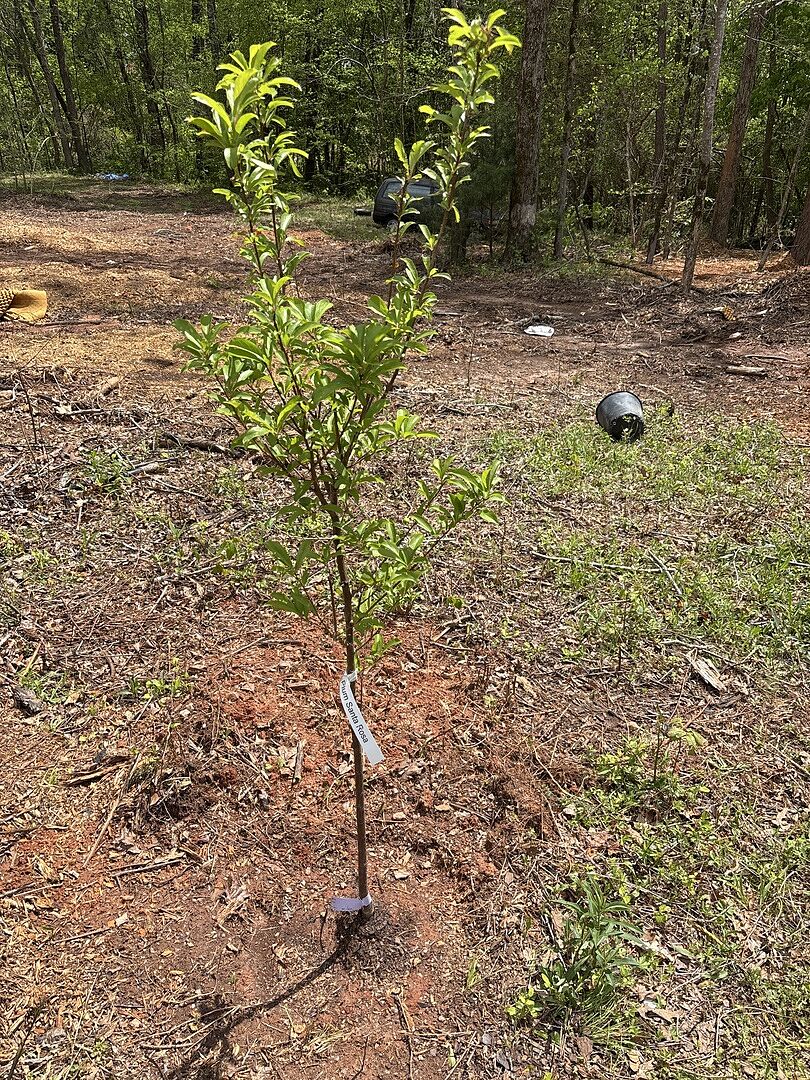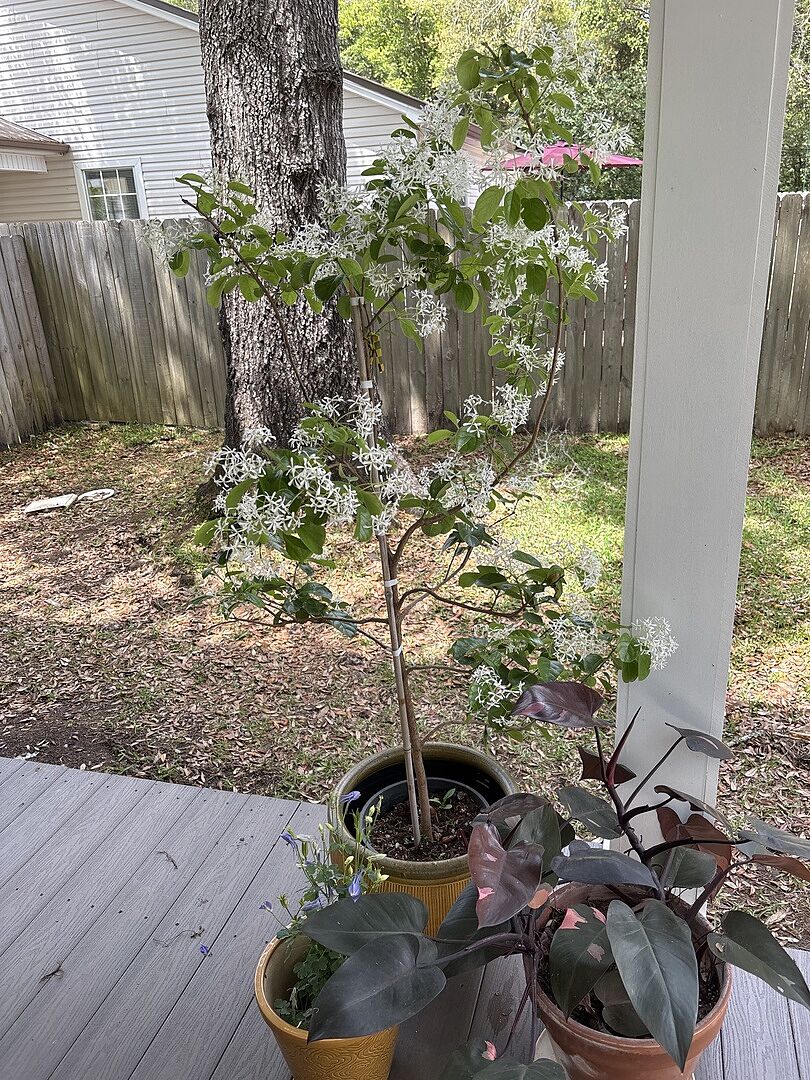Plant Care 101: Monkey Puzzle Tree

Last updated: Apr 12 2022

Trust us: You've never seen a tree like this before! The Monkey Puzzle Tree is like the ninth wonder of the ancient world. From its textural foliage to its large, commanding presence, this one-of-a-kind arbor takes any yard to the next level...literally.
And what’s really great about these powerful coniferous trees is that they’re fairly hassle-free and low-maintenance. Seriously, despite its complicated (in a good way!) appearance, care couldn't be simpler, especially when you follow our quick tips.
Araucaria araucana: The Monkey Puzzle Tree
The Monkey Puzzle, also known as the Chile Pine and the national tree of Chile, rose to popularity in late 18th century Europe for its pretty, prehistoric look. Of course, it was also popular for any gardener looking for something a bit outside the box. Heights of up to 80 feet and large, upward-arching branches truly set the Monkey Puzzle apart. It'll also produce cones, with the females trees bearing spherical shaped cones and producing edible seeds. However, cone production can take up to 40 years to occur.
Monkey Puzzle Tree Care
First, the Monkey Puzzle prefers full sun or partial shade (generally 3 to 6 hours of sunlight daily). If you live in an area with particularly hot summers, planting the tree somewhere that gets extra shade in the afternoon is ideal.
Once you've got your ideal location in terms of sunlight, you're good to go. The Monkey Puzzle isn't finicky when it comes to soil type. Just select an area with well-draining soil.

When you're ready to grow, dig a hole that's twice as wide and just as deep as your tree's root ball. Loosen the soil around the hole and gently loosen the roots of your Monkey Puzzle Tree. Position your Monkey Puzzle (like a puzzle piece, right?), backfill the surrounding soil, and remove all air pockets that may have formed by tamping down the soil. Finally, water the surrounding soil.
Caring for a Monkey Puzzle Tree After Planting
Watering Your Monkey Puzzle Tree
Water your Monkey Puzzle Tree deeply every week or two during its first year. If you're not sure when to water your tree, just keep this in mind: The soil should be dry about 2 or 3 inches down before you water. Keeping the soil moist to the dripline (or the edges of the tree's canopy) is all you really need to keep your tree looking great.
FGT Tip: Adding a 2 to 3 inch layer of mulch at the base of the tree helps retain soil moisture and keeps the roots cool during hot summer weather.
Fertilizing & Pruning the Monkey Puzzle Tree
You may not need to fertilize your tree, but if you notice slow or stalled growth, a monthly feeding, around early spring, can be helpful. Simply, use an all-purpose, water-soluble fertilizer.
Lastly, pruning is effortless. Unless you're shaping your tree, just remove any low-growing branches or dead and broken branches in the early spring to clean your tree up.

Putting the Pieces Together: Why is it Called a Monkey Puzzle Tree?
Like we mentioned above, the Monkey Puzzle is SO easy. For such an ornate tree, it's super simple. Plus, it's filled with fun facts like the ones below. Now, the only thing left to do is go and grow your own Monkey Puzzle Tree!
- The Monkey Puzzle delivers year-round color with striking green foliage throughout the year. And though it's native to the warm climates of Chile and Argentina, it can thrive in a variety of cool, humid, and temperate climates.
- It's deer (& critter) resistant. The Monkey Puzzle's sweeping, spiny limbs were thought to confuse and repel monkeys, hence the name, so it actually repels your local deer and rabbit populations too.
- Trees are either male or female, and
FAQs

Written by
Blair Brown
Blair is the Content Marketing Manager at FastGrowingTrees.com, and though she's not your traditional gardener, the planting world is definitely growing on her (pun intended!). She's enjoyed digging into plant care and maintenance and growing her plant collection, especially with exotic indoor varieties.






















































































































